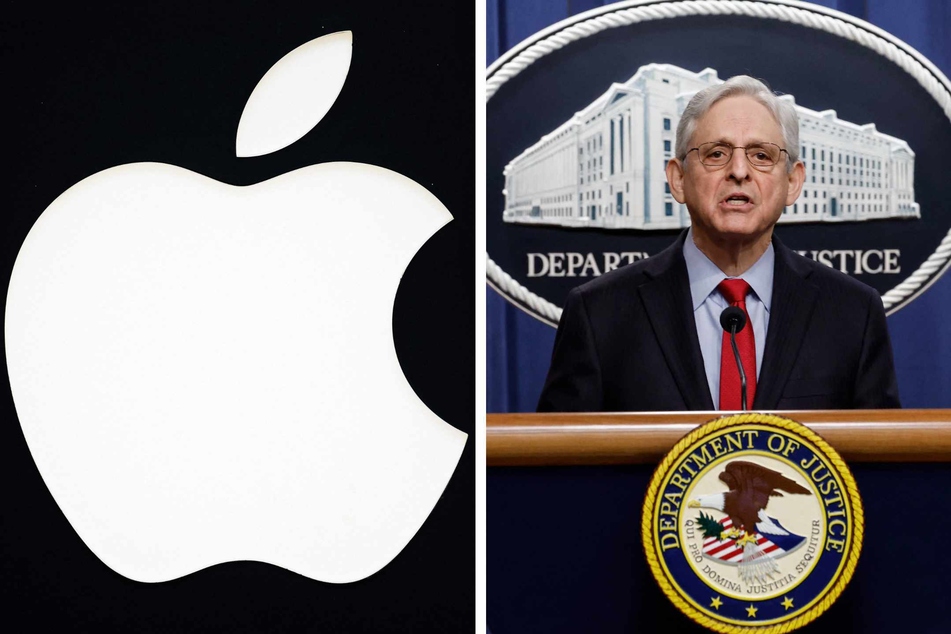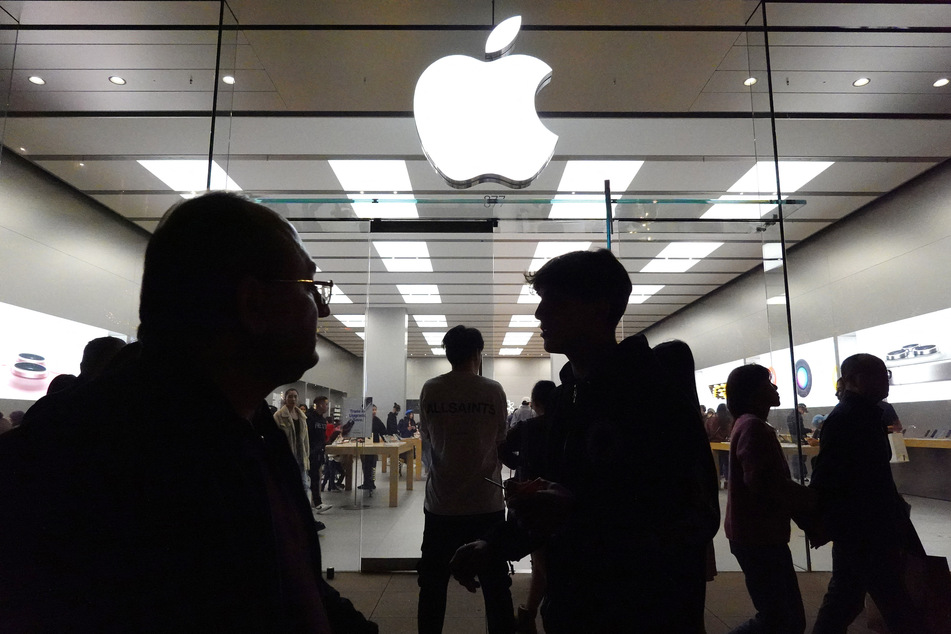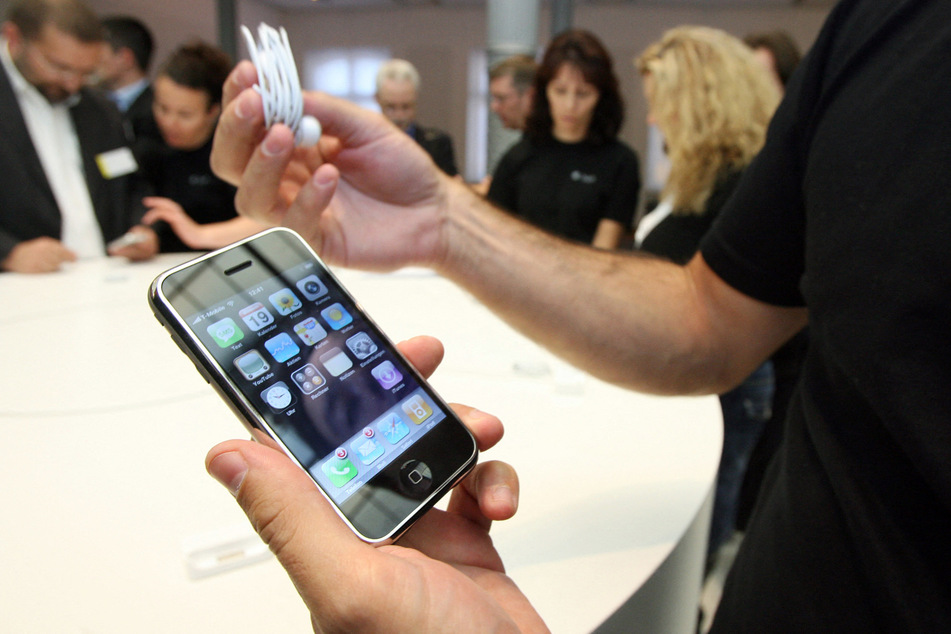Apple sued by Department of Justice in wide-ranging iPhone monopoly case
Washington DC - Apple was sued by the US Department of Justice on Thursday on charges of maintaining a monopoly for its iPhone by stifling competition and imposing exorbitant costs on consumers.

The lawsuit, also brought by multiple states, attacked the iPhone for raking in hundreds of billions of dollars by making it difficult for consumers to switch away to cheaper smartphones and devices.
The long-anticipated case against Apple sees the company founded by Steve Jobs in 1976 clash with Washington after largely escaping government scrutiny for nearly a half-century.
It joins Amazon, Google, and Facebook-owner Meta which are also facing antitrust lawsuits in the United States.
News of the lawsuit sent shares in Apple down by as much as 3.75% on Wall Street on Thursday.
At the heart of the case is Apple's alleged exclusionary practices that set strict and at times opaque conditions on firms and developers seeking to reach the iPhone’s 136 million US users.
According to the lawsuit, these rules and decisions have been designed to force Apple users into staying in the Apple ecosystem and buying the company's more expensive hardware, the iPhone.
"Consumers should not have to pay higher prices because companies violate the antitrust laws," said Attorney General Merrick Garland.
"If left unchallenged, Apple will only continue to strengthen its smartphone monopoly," he added.
Apple fights back against Department of Justice's monopoly charges

The far-reaching case singled out practices that it said were making Apple richer to the detriment of advancing innovation and technology for consumers.
In a statement, Apple denied the merit of the lawsuit, saying it was "wrong on the facts and the law, and we will vigorously defend against it."
If successful, the suit would "set a dangerous precedent, empowering government to take a heavy hand in designing people’s technology," the company added.
The lawsuit, for example, accused Apple of squashing the creation of Super Apps, which are one-stop web portals that could exist on an iPhone and give consumers other ways to get services such as music, photos, or movies.
Other big tech giants such as Meta have long dreamed of opening such super-apps on the iPhone, which accounts for roughly half of the smartphone market in the United States.
The accusations also target Apple’s wallet, which is the only application allowed on the iPhone to access the technology to make tap payments in stores, forcing others to pay a fee.
Messaging apps are under the microscope too, with prosecutors accusing Apple of making it hard for Apple users to interact easily with Android phone users, coercing them into buying the more expensive iPhone.
The broad case also mentions smartwatches, with the Apple Watch only being available through the iPhone, and competing smartwatches having very limited functionality on the iPhone.
The complaint alleges that these nefarious practices go into other services such as web browsers, entertainment, and even automotive services.
Tech giant Apple's profits exceed any other Fortune 500 company

In recent years Apple has invested heavily in promoting services as well as hardware as it seeks ways to make money beyond the iPhone.
Apple's iPhone was released in 2007, changing the landscape of consumer technology.
iPhone sales growth has been slowing in recent years, however, thus raising pressure on the company to find other sources of revenue.
The DOJ pointed out that Apple’s profits exceed any other company in the Fortune 500 and that it exceeds the gross domestic product of more than 100 countries.
In 2023, Apple saw global sales of $383 billion and net profit of $97 billion.
The DOJ's investigation of the Apple brand first began in 2019 under the presidential administration of Donald Trump.
In 2021, Apple won a lawsuit from Fortnite-maker Epic Games which has been pursuing Apple in jurisdictions worldwide over the rules and fees it imposes on the iPhone.
Cover photo: Collage: JULIE SEBADELHA / AFP & ANNA MONEYMAKER / GETTY IMAGES NORTH AMERICA / GETTY IMAGES VIA AFP